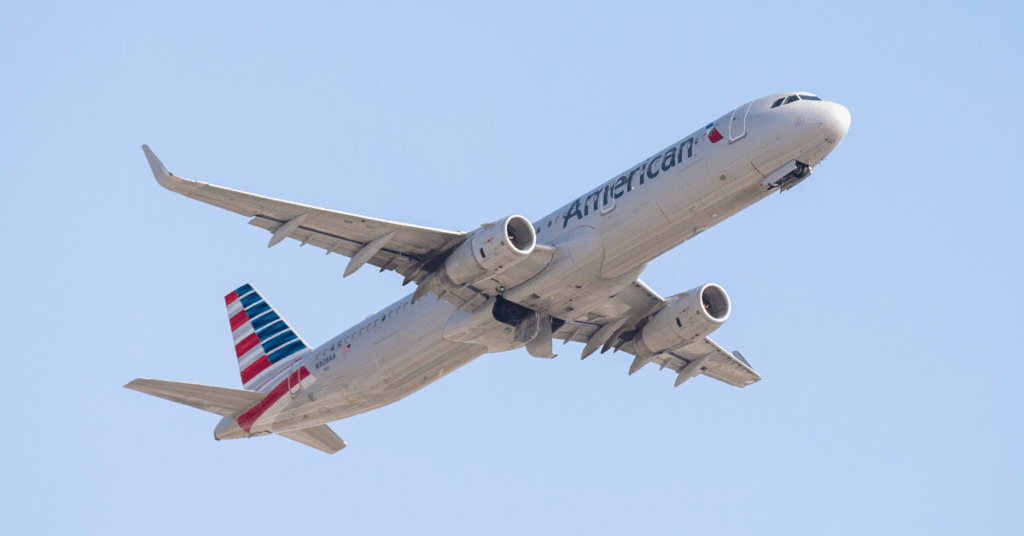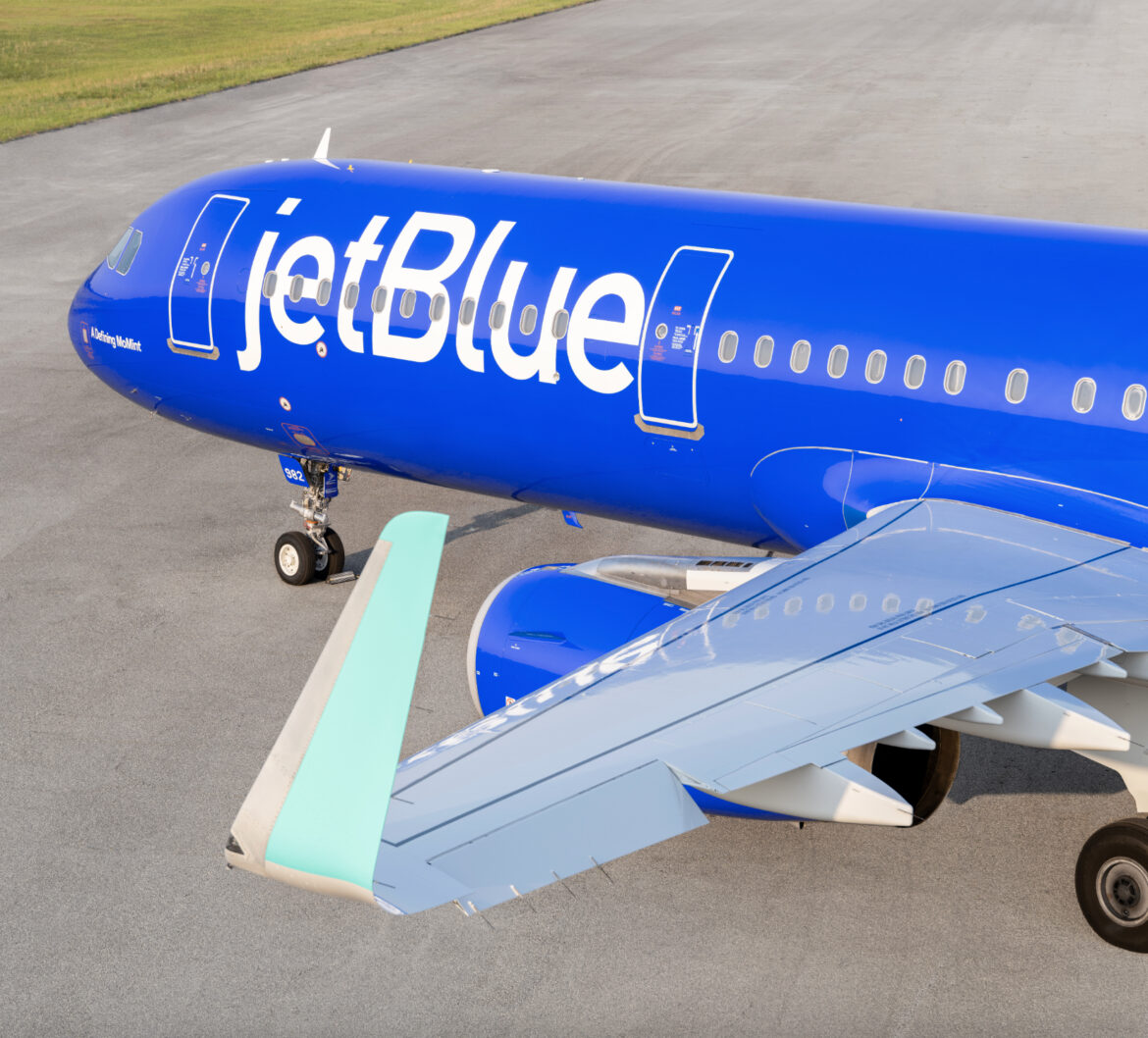Advertiser & Editorial Disclosure: The Bulkhead Seat earns an affiliate commission for anyone approved through the links below. This compensation may impact how and where links appear on this site. We work to provide the best publicly available offers to our readers. We frequently update them, but this site does not include all available offers. Opinions, reviews, analyses & recommendations are the author’s alone, and have not been reviewed, endorsed, or approved by any of these entities.
Passengers flying on Airbus A320 family aircraft in the near future may want to monitor their flight status closely. Airbus issued an Alert Operators Transmission (AOT) in an Emergency Airworthiness Directive from the European Union Aviation Safety Agency (EASA) that affects a significant number of its A319, A320, and A321 aircraft after discovering that intense solar radiation can corrupt critical flight control data. The manufacturer says the issue surfaced during an investigation into a recent event involving an Airbus A320. Engineers found that high levels of solar radiation had the potential to corrupt computer data essential to flight deck control systems. This revelation prompted the need for immediate action from airlines flying these models.
While the scope of required work is not yet fully detailed, early indications suggest that many aircraft will need a software update, reportedly taking around two hours per jet. If the fixes must be applied immediately, some aircraft may face temporary grounding, leading to possible flight delays or cancellations worldwide.

The problem affects thousands of aircraft. Nearly 11,500 Airbus A320 family jets are currently flying commercially around the world. CNBC shared earlier that around 6,000 of those could be impacted. This makes this one of the most widespread safety bulletins issued for the world’s most-delivered aircraft type. Of the major US carriers, only Southwest Airlines is unaffected, as it operates an all-Boeing fleet. United Airlines confirmed that its Airbus A320 and A321neo models are not impacted by the directive. American Airlines said it took swift action after Airbus identified the issue and has already begun completing necessary updates.
Airlines across Europe, Asia, and other regions are also preparing to carry out the mandated checks and updates once the directive is formally released. The situation underscores how even well-established and highly reliable aircraft can face unexpected issues (in this case from natural solar activity that interfered with modern digital flight systems).
Anthony’s Take: As airlines work rapidly to apply the necessary fixes, passengers should prepare for potential schedule changes or delays. At least this sounds like an easy fix.
(Image Credits: JetBlue Airways and American Airlines.)
User Generated Content Disclosure: The Bulkhead Seat encourages constructive discussions, comments, and questions. Responses are not provided by or commissioned by any bank advertisers. These responses have not been reviewed, approved, or endorsed by the bank advertiser. It is not the responsibility of the bank advertiser to respond to comments.
Advertiser & Editorial Disclosure: The Bulkhead Seat earns an affiliate commission for anyone approved through the links above This compensation may impact how and where links appear on this site. We work to provide the best publicly available offers to our readers. We frequently update them, but this site does not include all available offers. Opinions, reviews, analyses & recommendations are the author’s alone, and have not been reviewed, endorsed, or approved by any of these entities.
